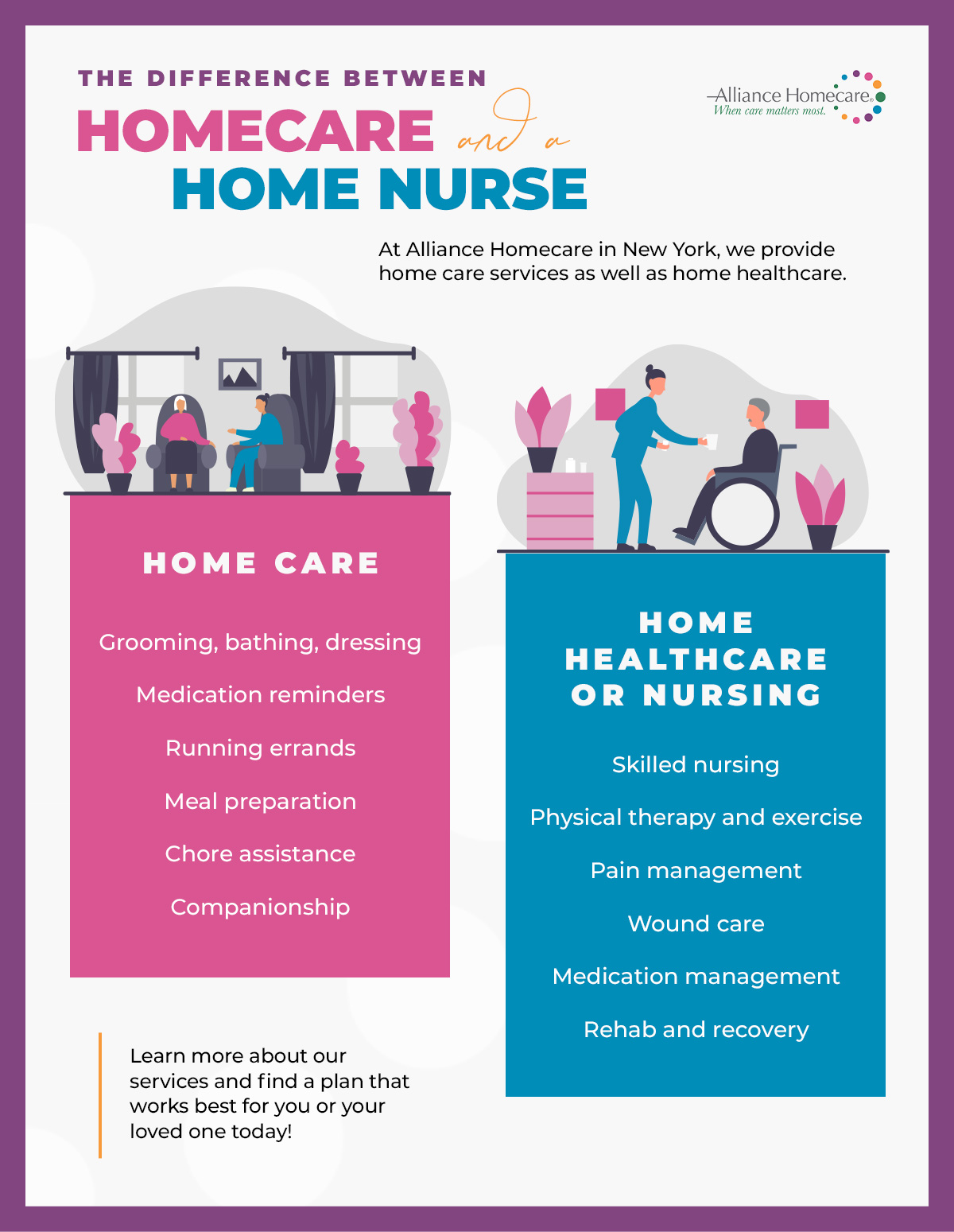Top 7 questions to ask when evaluating home care providers for disability services
Top 7 questions to ask when evaluating home care providers for disability services
Blog Article
All Concerning Home Treatment Solutions for Individuals With Disabilities: NDIS Registered Support
Home care solutions under the NDIS play an essential function in sustaining people with handicaps. These services are created to enhance day-to-day living with customized help, ranging from individual like flexibility support. Understanding how to browse these alternatives can be intricate. This overview checks out the numerous elements of NDIS home treatment, from offered solutions to the option of service providers, highlighting vital considerations for those seeking assistance. The journey toward empowered treatment starts right here.
Comprehending the NDIS and Its Purpose
The National Special Needs Insurance System (NDIS) functions as a transformative structure created to supply assistance and solutions for people with disabilities. Established to enhance the quality of life and warranty equitable access to important resources, the NDIS encourages participants by using individualized strategies customized to their special requirements. It aims to foster independence, enabling people to seek their individual goals and aspirations.Through a structured method, the NDIS allocates financing for various supports, including education and learning, employment help, and neighborhood involvement. This comprehensive plan not just focuses on instant care but also emphasizes lasting developing outcomes. By promoting choice and control, the NDIS encourages individuals to pick their favored solution carriers, assuring that treatment lines up with their choices and worths. Ultimately, the NDIS stands for a substantial dedication to enhancing the lives of people with impairments, fostering inclusivity, and constructing an extra helpful culture.
Kinds Of Home Care Provider Available
Various sorts of home care services satisfy people with specials needs, mainly focusing on individual treatment help and respite treatment alternatives. Personal treatment support provides essential assistance with daily tasks, while respite treatment offers momentary relief for key caregivers. Recognizing these services is crucial for guaranteeing the health of both individuals with handicaps and their families.
Personal Treatment Assistance
While steering everyday life can offer difficulties for individuals with disabilities, individual care support provides important support customized to their one-of-a-kind requirements. This type of home treatment solution includes a variety of activities developed to advertise independence and improve lifestyle. Personal care aides help with day-to-day tasks such as bathing, dressing, grooming, and toileting, making certain individuals maintain personal hygiene and comfort. They may likewise aid with meal preparation, medicine monitoring, and movement support. By supplying individualized treatment, these specialists empower individuals to engage more fully in their everyday routines and social tasks. Overall, personal care aid plays a considerable role in cultivating dignity and autonomy for those with handicaps, enabling them to thrive in their home setting.

Reprieve Treatment Options
Respite treatment works as a necessary resource for families and caregivers of individuals with impairments, providing temporary remedy for the needs of day-to-day caregiving. This sort of service can take different types, consisting of at home break treatment, where trained experts see the home to assist with treatment tasks. Additionally, households may select facility-based respite treatment, where people obtain care in a specific atmosphere, permitting caretakers to relax. Furthermore, some organizations use emergency reprieve solutions for unexpected scenarios. These options not just help ease caregiver stress yet also advertise the well-being of people with specials needs by using them new experiences and social communication. Overall, break treatment plays an essential function in sustaining both caregivers and those they look after.

Exactly How to Access NDIS Home Treatment Solutions
Accessing NDIS home care solutions includes comprehending the qualification standards set forth by the National Disability Insurance Coverage Plan. People must navigate a structured application procedure to safeguard the necessary support customized to their needs. This area will make clear both the eligibility requirements and the actions associated with requesting solutions.
Qualification Standards Described
To get NDIS home care solutions, individuals must meet specific eligibility criteria that analyze their needs and circumstances. Applicants have to be aged in between 7 and 65 years and have a long-term and substantial handicap that influences their ability to execute daily activities. Furthermore, they must be an Australian person, an irreversible local, or hold a Protected Special Classification Visa. The NDIS calls for evidence of the special needs, typically through clinical analyses or records. People need to demonstrate that they call for assistance to get involved in social and economic life. These criteria assure that services are directed towards those who truly need support, promoting independence and improved lifestyle for individuals with disabilities.
Application Process Actions
Can I Pick My Very Own Support Employees Through NDIS?
The private inquired whether they can select their own assistance workers under the NDIS framework. Normally, participants have the versatility to choose assistance employees, cultivating individualized care that aligns with their particular needs and choices.
What Occurs if My Needs Change After Obtaining Support?
They need to communicate these modifications to their service supplier if an individual's needs modification after receiving support. Modifications can be made to the treatment plan, making certain that the assistance remains efficient and relevant for their situations.

Exist Restricts on The Number Of Hours of Care I Can Receive?
The individual asked regarding potential limits on the variety of care hours received. Typically, such restrictions might exist based upon details policies or funding setups, emphasizing the relevance of examining arrangements and guidelines on a regular basis.
Can I Utilize NDIS Financing for Home Adjustments?
The question of utilizing financing for home modifications develops regularly. Typically, people might use NDIS funding for required modifications to their homes, making certain ease of access and safety and security, set upon meeting specific eligibility standards and guidelines.
Exactly how Do I Handle Grievances Concerning My Home Care Solutions?
To resolve complaints about home care services, people must initially document their her comment is here worries. Then, they can connect straight with their service provider, looking for resolution, or intensify the issue to relevant oversight bodies if needed. Home care solutions under the NDIS play an essential duty in sustaining individuals with handicaps. Numerous kinds of home treatment solutions cater to individuals with impairments, mostly focusing on individual treatment aid and reprieve care alternatives. support at home. Individual treatment aid provides important support with day-to-day tasks, while reprieve treatment supplies momentary relief for main caretakers. Family members may choose for facility-based break treatment, where individuals obtain treatment in a specialized atmosphere, permitting caretakers to take a break. Exactly how can families successfully handle the monetary aspects of home treatment services for people with specials needs?
Report this page